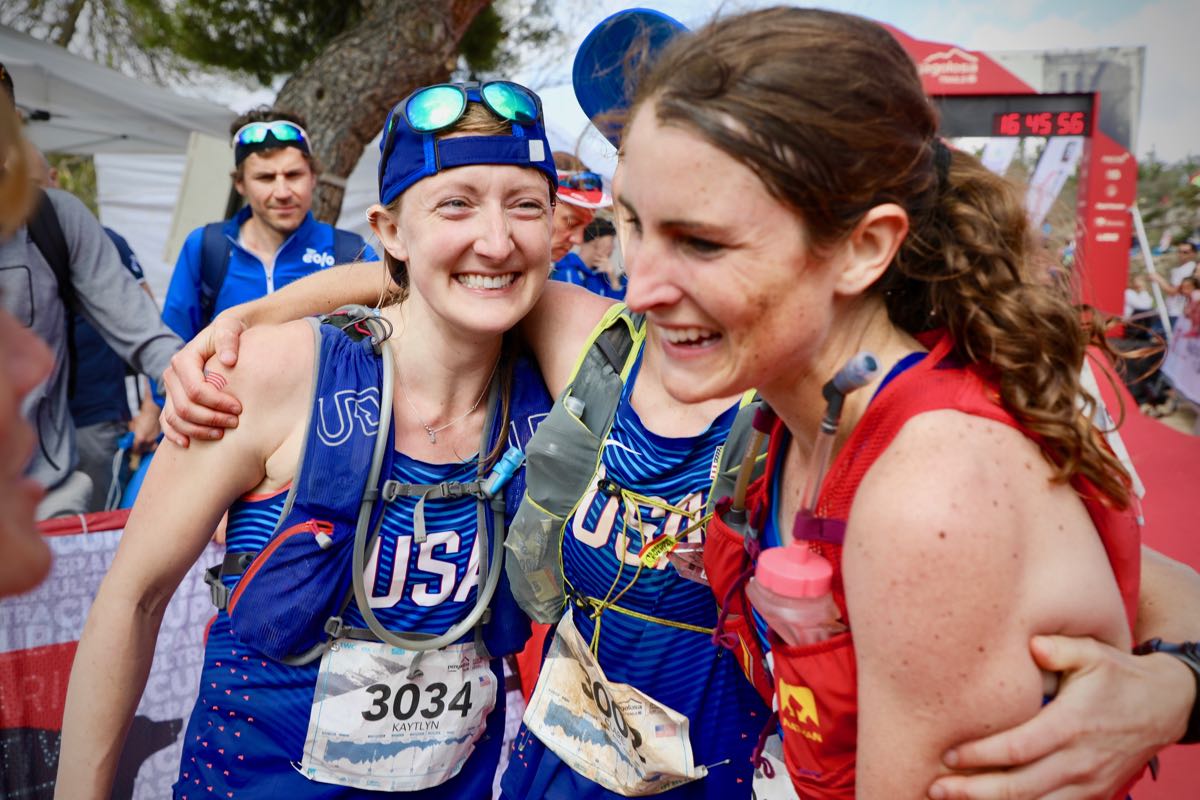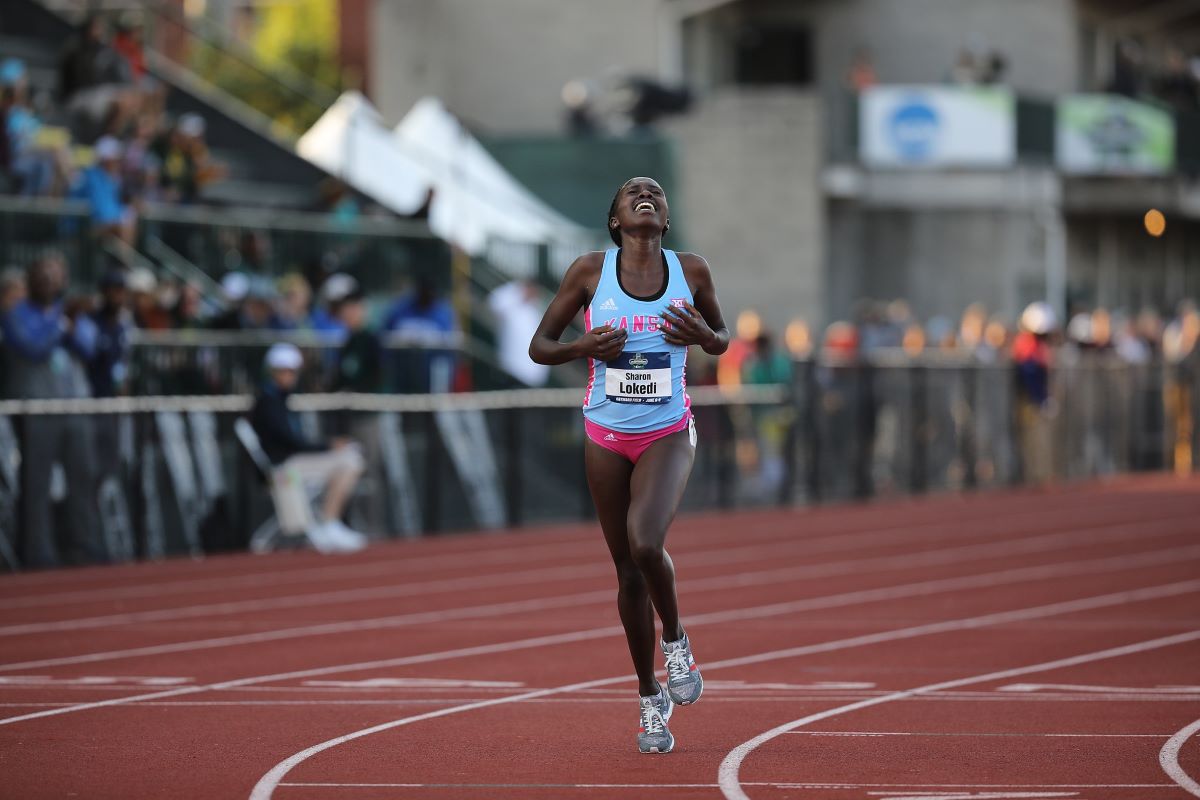Prior to and during my time in graduate school, I coached a local cross-country and track team. In Texas, summer lingers from April through November. So, to avoid the oppressive heat, we mostly trained before sunrise. Running before sunrise meant that, in the midst of hard workouts, the dark night of the soul we experienced was both literal and metaphorical. But running before sunrise was also the difference between remaining runners and becoming steamed asparagus under the Texas sun.
Despite the darkness, these were bright moments. We ran shoulder-to-shoulder up hills, across fields, and around tracks together. We were refined by hard efforts and edified by each other’s company. In the darkness, we practiced being the kinds of athletes and people we wanted to be when the sun came up — courageous, disciplined, perseverant, and patient.
An Education in Virtue
If we are to understand our educations as the ancients did — as concerning our formation as people, rather than simply information acquisition — then these early mornings together did not take place before school; they were a part of school. Our characters were shaped by how we ran — our habits of attention, motivations, and actions. Maybe sometimes we were shaped in the wrong ways, practicing impatience or cowardice when we should have been patient or brave. Either way, these early mornings shaped us.

The author (foreground) at the 2018 Trail World Championships with Team USA members Kaytlyn Gerbin (left) and Clare Gallagher (behind Little). Photo: iRunFar/Bryon Powell
I consider these early mornings spent with my team (and all of my training since) to be a substantial part of my education — if not equal in importance, certainly a non-trivial addition to, the formal learning I have received in a classroom. And I am grateful for it because character matters.
Moral Character
Sometimes when I tell people I am interested in moral character, they think that I am very uncool. They are half right. I am very uncool. But this is not due to my interest in moral character. This is due to my poor taste in music and my questionable fashion sense. Character is cool because excellence is cool, and that is what a good character consists of.
A good character consists of virtues, or excellences. These are the traits that make something a good instance of its kind. In the same way that sharpness makes a knife a good one, traits like generosity, honesty, and patience make us good instances of our own kind — as humans.
These traits also position us to flourish, more so than we would be able to without them. For example, the temperate person is not overrun by her desires, so she can commit to good ends and is less likely to get in her own way. The patient person can plan long-term. She can wait well, so she is likely to be a better, more present friend.
But does a good character matter in the athletic context? Indeed, it does! It matters a great deal.
Why Character Matters
1. Many Virtues Are Performance-Enhancing.
As I write this column, yesterday was the New York City Marathon. The victors were Kenyan runners, Sharon Lokedi (perhaps best known for her 10-kilometer NCAA title while competing for the Kansas Jayhawks) and Evans Chebet (who also won the Boston Marathon earlier this year). After the race, World Athletics tweeted the following:
“Sharon Lokedi displayed remarkable discipline to win the @nycmarathon on her debut at the distance, while Evans Chebet’s patience paid off to win the men’s contest in the Big Apple.”

Sharon Lokedi winning the 2018 NCAA Track Championships 10,000 Meters. Photo: jenaragon94, CC BY 2.0 <https://creativecommons.org/licenses/by/2.0>, via Wikimedia Commons
Their victories were attributed to discipline and patience, respectively. Of course, these traits are not complete explanations for why Lokedi and Chebet performed well. Training systems, genetics, shoe technology, and a confluence of other factors also contributed. But certainly, patience and discipline are salient for how one performs. On balance, the patient athlete is likely to perform better than the impatient one. She will be able to accelerate when it is the appropriate time to do so, and not because she lacks the internal resolve to wait.
There are many traits like this — perseverance, courage, grit, and prudence — that facilitate good performance in the athletic arena. So, from the perspective of athletic performance alone, yes — character matters.
2. Bad Character Undermines the Significance of One’s Own Performance.
There are many unethical means by which someone might improve performance. For example, an athlete may lie or cheat, cut courses, or take drugs. She might bully or misdirect competitors. But exceeding another through unscrupulous means or winning by undermining competitors feels different than winning with integrity, or with the knowledge that you were just better on the day.
As far as cheating goes, this vice frustrates our natural curiosity to investigate our limits and to see how fast we can go without aid. This curiosity is at the heart of the athletic experience. It motivates us to compete, and it often facilitates our ability to push further and faster — to see what we are capable of. Cheating erodes the ability to know where your limits lie. It is not interesting or meaningful to succeed in sport on artificial grounds.
3. Athletes Are People, Too.
I have often heard people claim that vices such as pride and envy belong in athletics because sports are primarily about entertainment. Bravado, showboating, and conceit are captivating. It is hard to look away when someone is singing her own praises.
Whether or not it is true that vices make sports more entertaining, it is important to remember that athletes are people, too. I have already said that having a good character supports a flourishing life. Well, the same athlete whose head is so big that she can’t fit through the door of the pre-race spaghetti dinner is also a neighbor, a sibling, and friend. And while her bravado may be fun to watch when she smack-talks competitors, this same tendency may lead her to struggle in her home life, to be a good citizen, or to make friends. So, in the same way that it is callous to wish an injury on an athlete, we probably should not wish vice on her either. On balance, her vices undercut her ability to flourish.

Francois D’Haene and Kilian Jornet share a hug after they go one-two at UTMB 2017. Photo: iRunFar/Kirsten Kortebein
Final Thoughts
Character matters in general, but definitely in sports. Thankfully, distance running provides ample opportunity to develop our character. We just need to make sure that — in our habits of attention and the actions we undertake — that we are developing good ones.
Call for Comments
- Was there any phase or occurrence in your life as a runner that you believe was character-building?
- Do you think there is a place for showboating and bravado in running or do you prefer to follow more humble athletes?
